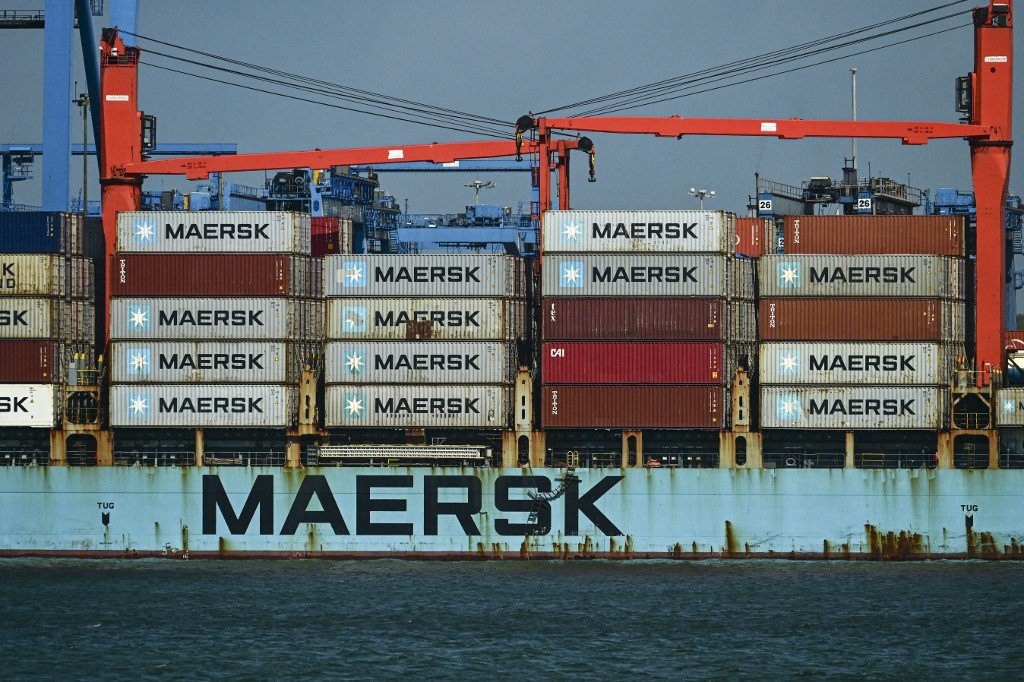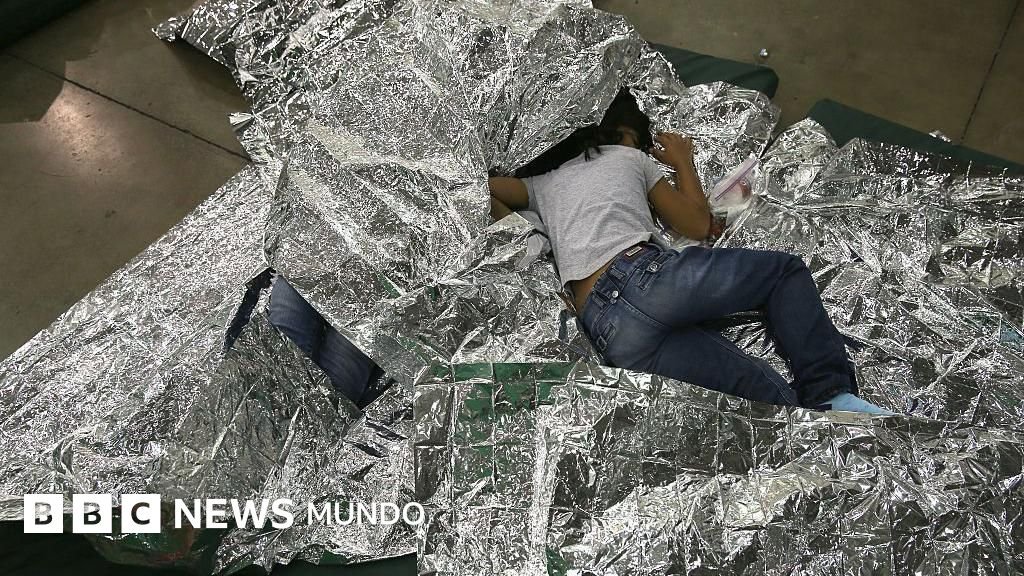Uruguay not outside terrorism’s radar, Montevideo reckons

Some activities are shifting from the Triple Frontier Paraguay-Argentine-Brazil to the Rivera crossing between Uruguay and Brazil
Uruguayan authorities admitted Thursday that terrorist organizations could use their country to either stage or plan certain attacks in the region. While the risk is considered low, according to the National Strategy for the Fight against Money Laundering, the government has not ruled out the possibility.
Available intelligence suggests that illicit activities may be shifting from the Paraguay-Brazil-Argentina triple border to the border area between Rivera, Uruguay, and Santana do Livramento, Brazil, known as the dry border, where the presence of Arab communities and cross-border trade pose potential challenges.
The strategy identifies several key weaknesses, including a lack of tools to detect radicalization, permeable borders, and inadequate immigration controls.
To address these vulnerabilities, the report recommends strengthening intelligence efforts in border regions, reviewing the visa system, and improving state coordination for control tasks.
Beyond terrorism, the plan also focuses on combating money laundering from sources like drug trafficking, corruption, and smuggling, as well as fraud and other financial crimes. A major challenge highlighted by officials is Uruguay’s lack of operational results, with only a handful of convictions for money laundering in the last four years.
Officials emphasize the need for a sharp change of course and a stronger commitment to obtain more prosecutions and convictions to improve the country’s standing with international financial oversight bodies.
They also highlighted the lack of appropriate immigration controls and the need to address these potential vulnerabilities by strengthening intelligence efforts, especially in the border areas of Rivera and Chuy, and reviewing the visa system.
In some cases, they have to do with drug trafficking, corruption, smuggling, and some activities in sports such as soccer, without specifying—because there has been much discussion about SADs—but in terms of clubs, what presents a risk is what has to do with the sale of players’ federative rights, Presidential Deputy Secretary Jorge Díaz explained.




